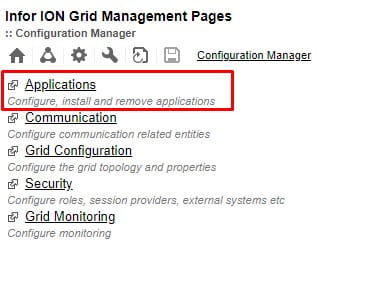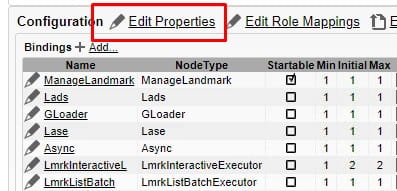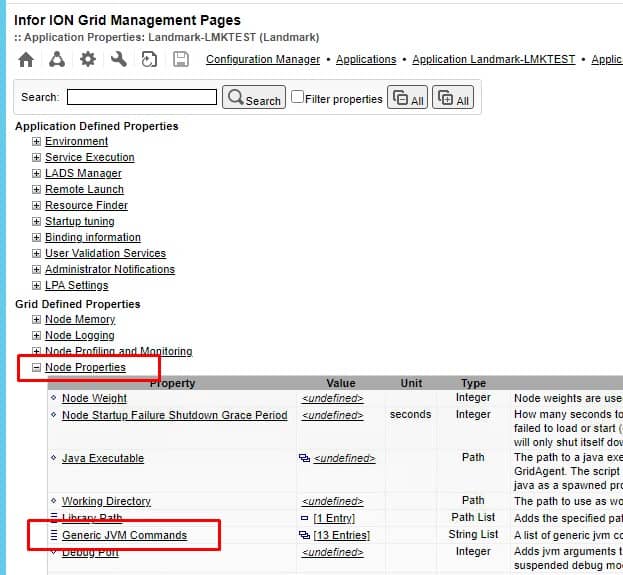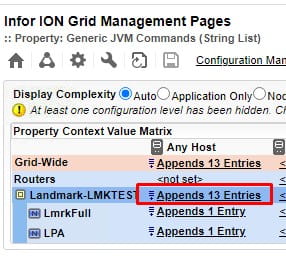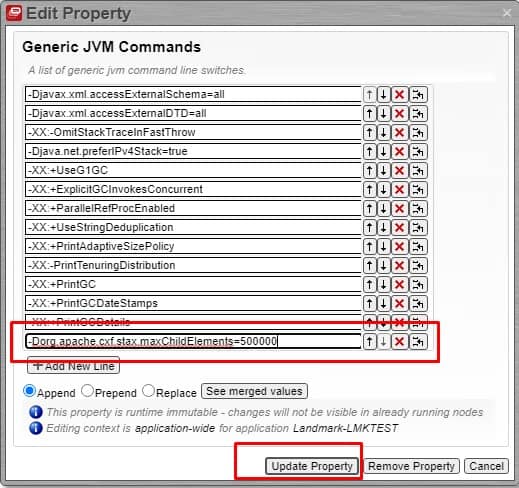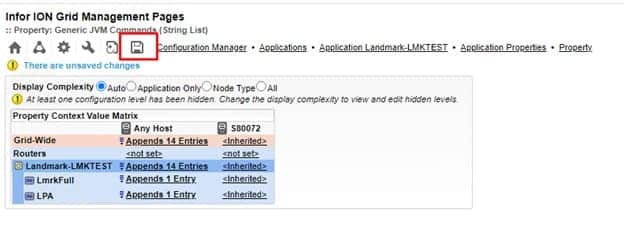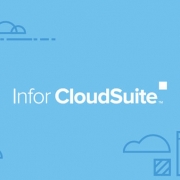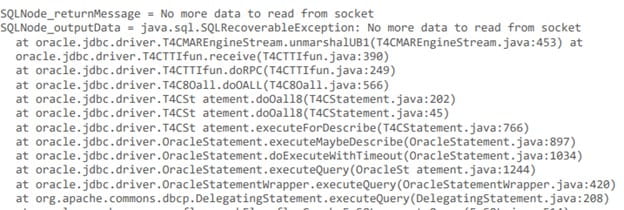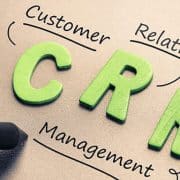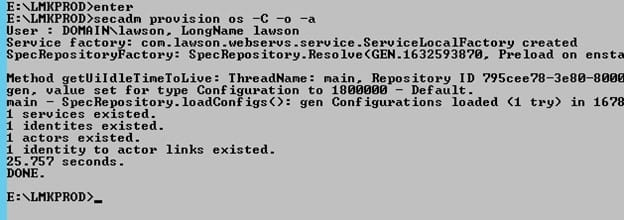Copenhagen Admiral’s massive 366-room Hotel has selected Infor Hospitality Management Solution (HMS) and Infor EzRMS Revenue Management System (RMS) to help deliver an intelligent, responsive revenue management strategy as the hotel seeks to increase revenue. Per the press release, Infor HMS was chosen not only because of its connection to a range of third-party systems, but also its innovative features, which include digital registration for guests, self-service options for corporate bookings and improved workflows for housekeeping staff. Jens Christensen, COO at Copenhagen Admiral Hotel, notes, “Better integration has already helped enable a range of improvements for our guests, from check-in options such as kiosks or via mobile phones, to freeing front-of-house staff from their desks to interact with guests in lobby spaces and throughout the property. Elsewhere, behind the scenes, we have already realized substantial time savings for our housekeeping staff as they get live updates on when rooms are ready for cleaning.” Infor HMS went live for the property in Q4 2021 and will be followed by Infor EzRMS in 2022, replacing a legacy property management system (PMS) that restricted growth and limited the guest experience.




